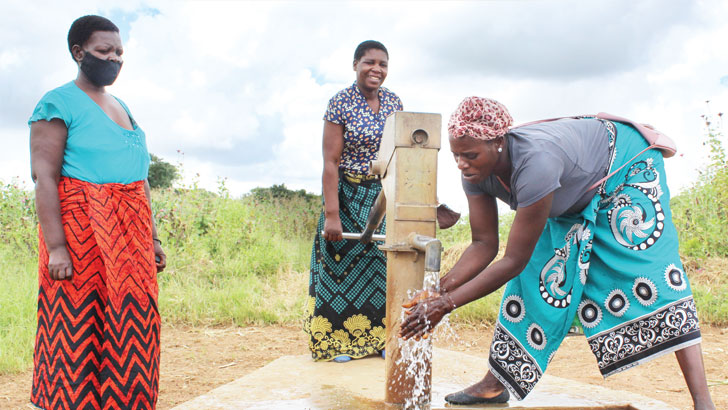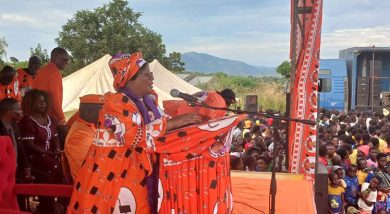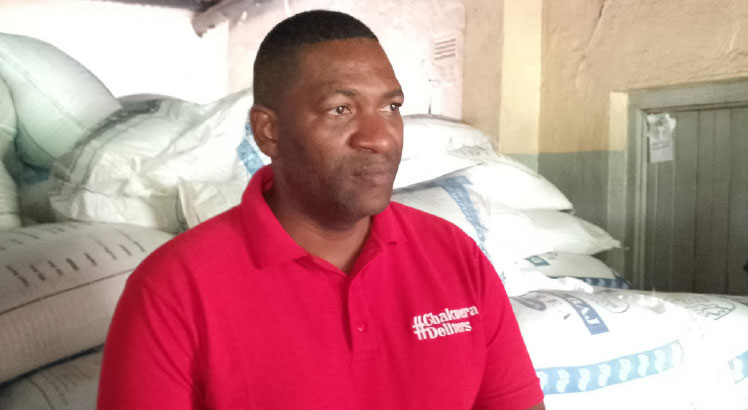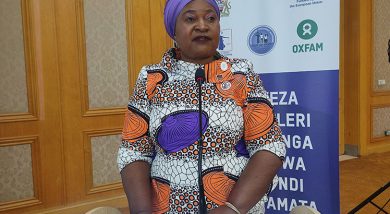Human waste detected in water
A year after Cyclone Freddy hit some parts of the country, a threat of waterborne diseases has emerged in one of the affected districts in the Southern Region.
Specialists have since expressed fear that most of the cyclone survivors could be exposed to faecal contamination in boreholes after tests revealed water pollution in Mulanje District.

The Catholic Relief Services (CRS) Malawi says eight out of 50 rehabilitated boreholes or 16 percent it sampled failed the test in Traditional Authority Nsunganinzeru.
CRS warns that this poses a risk of pathogen presence in drinking water.
“On microbiological water quality, tests were conducted to detect the presence of E. coli bacteria, which typically indicates recent faecal contamination. Analysis revealed E. coli growth in eight out of the 50 samples tested,” reads the report.
The document has been published on United Nations Office for the Coordination of Humanitarian’s website https://reliefweb.int/.
CRS presented its report last week at a Water, Sanitation and Hygiene (Wash) National Cluster Coordination Meeting which also assessed emergency issues in Mulanje and Nkhotakota, the hub of this rainy season’s floods.
According to CRS, the tests were in response to a spike in cholera cases in Mulanje.
National cholera data recorded between December 2023 and March 2024 show that out of 208 cases, 118 or 56.7 percent were from the Southern Region district.
“Increasing cases of cholera in Mulanje prompted CRS to conduct a thorough assessment of all the rehabilitated boreholes in the area.
“The main objective was to ensure that water met required standards and to address any issues or concerns identified during the assessment,” the report reads in part.
The Ministry of Water and Sanitation says about 100 boreholes were impacted by the cyclone in Mulanje, with nearly half of them submerged in water.
“Chlorination is beneficial as sometimes contamination is contributed by sanitation around the borehole which may change from time to time based on the user’s hygiene practices,” the report further reads.
Water Services Association of Malawi (Wasama) executive director Vitumbiko Mkandawire said the findings might be a reflection of most damaged boreholes.
“Most damaged boreholes pose a health risk because their structures make them susceptible to contamination. The findings by CRS complement what other institutions have observed in their operational areas.
“Boreholes are equipped with a gravel filter pack that ensures that water coming out of the borehole is free from debris and other unwanted particles and a protection layer that prevents surface runoff [water] from entering the borehole from the top formation. If either of these is damaged, boreholes are likely to be a health hazard,” he said.
Mkandawire suggested regulations to stop rehabilitation of boreholes that are prone to contamination and be relocated.
National Water Resources Authority (NWRA) said although it is empowered to regulate boreholes, it was not involved in renovations of the Mulanje boreholes.
Said NWRA publicist Masozi Kasambara in a response to our questionnaire: “When a borehole is dysfunctional, authorisation to renovate it must be sought from us. The Water Resources Act assumes that such a borehole is new.
“As such, it must satisfy standards demanded for a new borehole application. There are a number of factors to be considered that would sway the authority’s decision depending on whether a site is fit for water point or not,” he said.
Kasambara added that they penalise anyone directly or indirectly involved in water resource contamination.
To address water contamination escalation, he said they are intensifying civic education to improve water-related catastrophe.





